Other

“Researchers led by Genki Kobayashi at the RIKEN Cluster for Pioneering Research in Japan have developed a solid electrolyte for transporting hydride ions (H?) at room temperature. This breakthrough means that the advantages of hydrogen-based solid-state batteries and fuel cells …
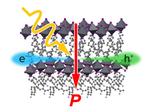
“A team led by RIKEN researchers has investigated how special crystals convert light into electricity1. Their findings will help inform efforts to improve their efficiency, which could lead to the crystals being used in solar cells. Solar cells convert light …
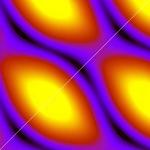
“Exotic quantum ‘molecules’ that could be used in quantum computers have been created in Josephson junctions for the first time Electronic states that resemble molecules and are promising for use in future quantum computers have been created in superconducting circuits …

“An international collaboration between researchers at the RIKEN Center for Brain Science (CBS) in Japan, the University of Tokyo, and University College London has demonstrated that self-organization of neurons as they “learn” follows a mathematical theory called the free energy …
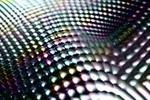
“Researchers from the RIKEN Center for Emergent Matter Science and collaborators have succeeded in creating a “superlattice” of semiconductor quantum dots that can behave like a metal, potentially imparting exciting new properties to this popular class of materials. Semiconducting colloidal …

“Gravitational waves could reveal whether the quark soup that existed in the early Universe is created in neutron-star mergers Telltale signatures in gravitational-wave signals from merging neutron stars should reveal what happens to matter at the extreme pressures generated during …
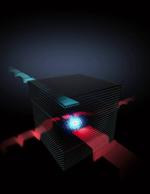
“The development of quantum computers will benefit from a new model that models spin in tiny silicon dots A theoretical model developed by three RIKEN physicists for optimizing semiconductor nanodevices will be helpful for scaling up quantum hardware1. An electron …
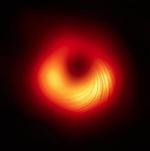
“Physicists relate the quantum property of ‘magic’ to the chaotic nature of black holes for the first time A quantum property dubbed ‘magic’ could be the key to explaining how space and time emerged, a new mathematical analysis by three …
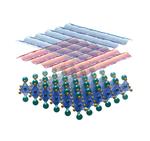
“A hidden pattern of electrons could provide clues to exotic quantum behavior Hidden stripes in a crystal could help scientists understand the mysterious behavior of electrons in certain quantum systems, including high-temperature superconductors, an unexpected discovery by RIKEN physicists suggests1 …
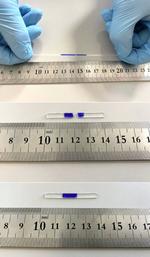
“Material scientists at RIKEN have created a self-healing polymer by using an off-the-shelf compound for the first time1. The strategy they used is promising for improving the durability and minimizing the environmental impact of various commercial polymers for a wide …

